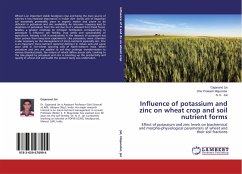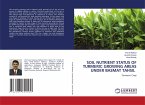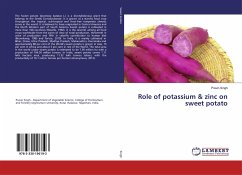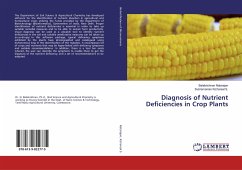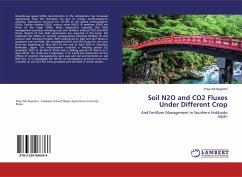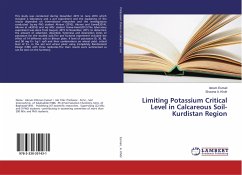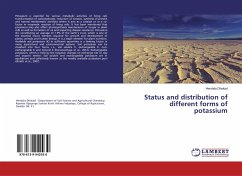Wheat is an important stable foodgrain crop and being the main source of calories it has immense importance in Indian diet. Sandy soils of Rajasthan are excessively permeable, poor in organic matter and prone to be deficient in potassium and zinc availability. An intensive cropping lead to depletion of potassium from the soil due to it's released from fixed forms. Besides, a greater emphasis on nitrogen fertilization corresponding to potassium is influence soil fertility, crop yields and sustainability of agriculture. Already a fall in productivity in the absence of potassium has been proven from long-term experiments. Like potassium, more attention is also necessary on the management of micro-nutrients especially zinc. Zinc is an important micro-nutrient reported deficient in Indian soils and cause poor yield in rice-wheat growing soils of North-western India. When potassium and zinc are applied to soil they undergo transformation to various chemical pools, the nature of which differs across soils. Looking to the role played by potassium and zinc in boosting up the productivity and quality of wheat and soil health the present study was undertaken.
Bitte wählen Sie Ihr Anliegen aus.
Rechnungen
Retourenschein anfordern
Bestellstatus
Storno

